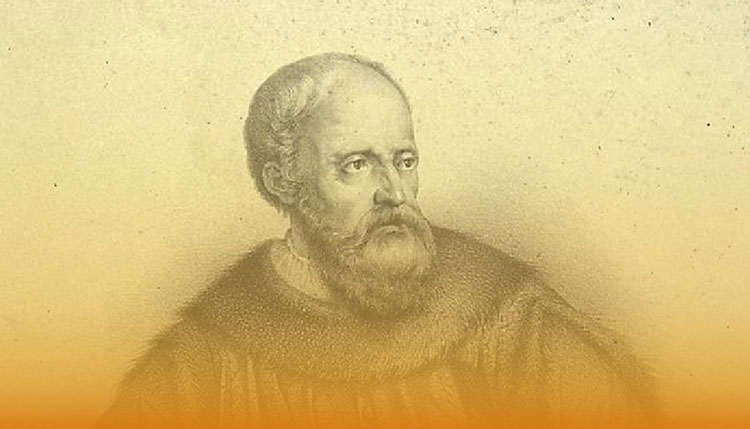The Diplomat
The Minister of Foreign Affairs, José Manuel Albares, held a telephone conversation yesterday with his French counterpart, Jean-Yves Le Drian, to whom he conveyed “Spain’s solidarity for the expulsion of the French ambassador in Mali”.
“We have addressed the situation in Ukraine, the ways of détente and bilateral relations, and I have expressed to him Spain’s solidarity for the expulsion of the French ambassador in Mali,” Albares stated through his official Twitter account. For his part, Le Drian informed through the same social network that he had spoken with Albares and with his colleague from Italy, Luigi Di Maio, about “the coordination of the Europeans in the face of the Ukrainian crisis” (Le Drian will move to Kiev on February 7 and 8 accompanied by his German counterpart, Annalena Baerbock, to meet with the Ukrainian Foreign Minister, Dmytro Kuleba) and that the three ministers had shown their “common determination to pursue the fight against terrorism in the Sahel”.
The French ambassador in Bamako, Joër Meyer, was expelled this week by the Malian transitional government in protest against Le Drian’s “hostile and outrageous statements” in which he denounced the presence of Russian mercenaries from the Wagner Group in Mali, whom he accused of “plundering” the country’s resources in exchange for protection of the military junta. The European Union’s High Representative for Foreign Policy, Josep Borrell, has condemned the Malian government’s “unjustified” decision and France announced last Thursday that it was preparing, together with its EU and West African partners, the departure of French and European troops fighting Islamic terrorism in Mali. “In view of Mali’s recent actions, we have to honestly ask ourselves whether the prerequisites for the success of our joint commitment are still in place,” said the German Minister Annalena Baerbock.
France has more than 5,000 troops in the country. In addition, Spain currently provides the largest contingent (600 soldiers) of the European Union Training Mission in Mali (EUTM), in charge of training the security forces of that country. Mali is a key country in the fight against jihadist terrorism and other challenges facing the security of the EU and the other countries of the Sahel and northwest Africa.
Following the double coup d’état of August 2020 and May 2021, the transitional military government led by Assimi Goita – who recently announced his intention to delay the elections announced for February 2022 due to “security concerns” – turned to the Russian paramilitaries of the Wagner Group (led by a personal friend of Russian President Vladimir Putin) to take over security.
On January 24, European foreign ministers – including Albares – condemned the presence of the Wagner Group in Mali and the decision of the Malian authorities to extend the transition period to four years. Borrell also announced that there is a political agreement to adopt sanctions against those hindering the transition, in solidarity with the decision taken recently by the Economic Community of West African States (ECOWAS). French President Emmanuel Macron discussed the presence of Russian mercenaries in Mali during his mid-January meeting with Russian President Vladimir Putin.
For her part, the Minister of Defense, Margarita Robles, warned at the end of January during a meeting with her European counterparts – convened by her French counterpart, Florence Parly – to address the situation in Mali, that the EU presence in the African country is “essential” if the necessary security conditions are to be created for the democratic governance and development initiatives of the Malian population to prosper. The international contribution, “even if the conditions are not easy”, is “fundamental to avoid a governance vacuum in Mali and a disaster as happened in Afghanistan”, said the Minister, who insisted on the importance of continuing to do everything possible to maintain the commitments of the international forces present in Mali, especially those of the European Union and the UN.







